Main Further vs. Farther Takeaways:
- Both farther and further mean “more distant”. However, they are not always interchangeable.
- As a quick rule of thumb, US English tends to use further for figurative distances and farther for physical distances.
- Farther (with an “a“) usually references a defined distance.
- Further (with a “u“) tends to reference a relationship to something or an undefined distance.
- The correct phrase is “Nothing could be further from the truth.”
- You can go further down the road or farther down the road depending on whether you’re speaking literally (about a physical road) or figuratively (about a figurative journey).
In general, we use further for undefined figurative distances and farther for defined physical distances. But both words can function as several parts of speech, making their meanings and usages a bit more complicated. Master the subtle difference between these two words to enrich your personal writing style as well as make sure your audience knows exactly what you mean.
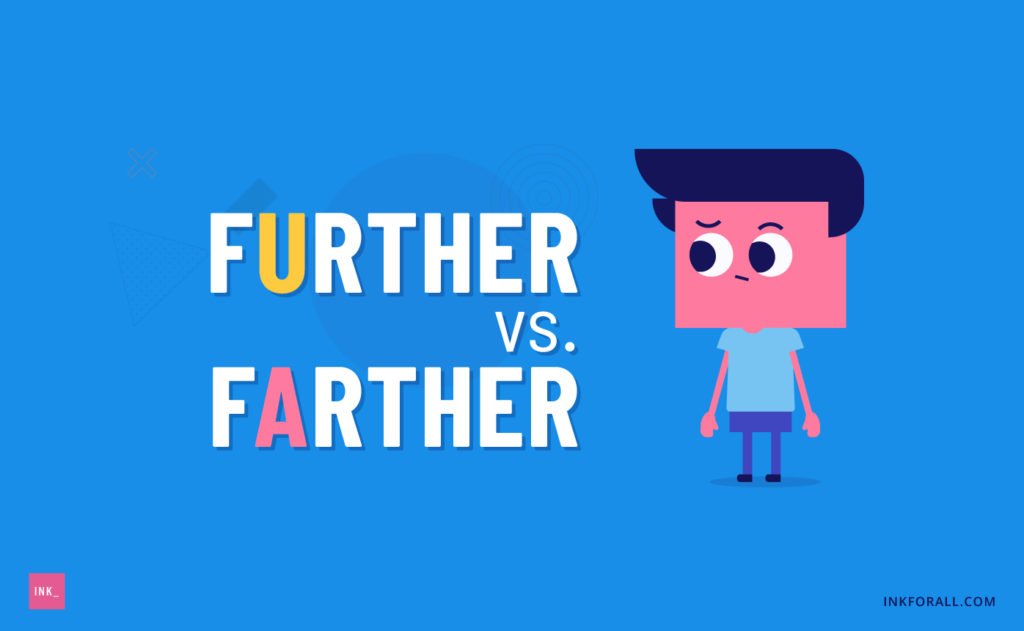

The Difference Between Further vs. Farther
While both words reference distance, the difference between farther and further is the type of distance referenced. On one hand, US English tends to use farther (with an “a”) to describe physical distances between concrete objects (This morning, I was able to run farther than I ever have). On the other hand, we use further to describe figurative distances or to mean additional (Let me know if you have further questions). You can remember this difference by associating the “u” in “further” with the “u” in “figurative.”
- Further: for figurative or undefined distances.
- Farther: for physical or defined distances.
What is Figurative Distance?
While physical distance describes the tangible distance between two objects, figurative distance is more abstract. In other words, physical difference is the space between two concrete things (The bank is farther from me) but figurative distance is the space between two ideas or imaginary objects (I feel her attention slipping further and furtheraway from me).
- You know that we use further for undefined figurative distancesand farther for defined physical ones.
- The words “undefined” and “figurative” both have a “u.” For this reason, you can associate the “u” in “further” with the “u” in “figurative.”
- The word “physical” has an “a” but no “u“. For this reason, you can associate the “a” in “farther” with the “a” in “physical.”
Can Further and Farther be Used Interchangeably?
Further and farther cannot usually be used interchangeably because they don’t mean precisely the same thing. Generally, further is for figurative distances (Further along in my intellectual development) while farther is for physical ones (Farther off the coast). Moreover, since both words can act as adverbs, adjectives, and verbs, the meanings of both words can change depending on the part of speech.
- As adverbs that reference distance, there is some overlap (She went further/farther down the road).
- As adverbs that mean “additionally” or “more,” further is less awkward than farther (Do you have any further questions?).
- As verbs, further makes more sense than farther (His master’s degree furthered his career).
The word further is actually older than farther, and comes from middle English. For most of their history, these two words have been used interchangeably. Notwithstanding, further and farther are not entirely interchangeable today because they don’t mean the exact same thing.
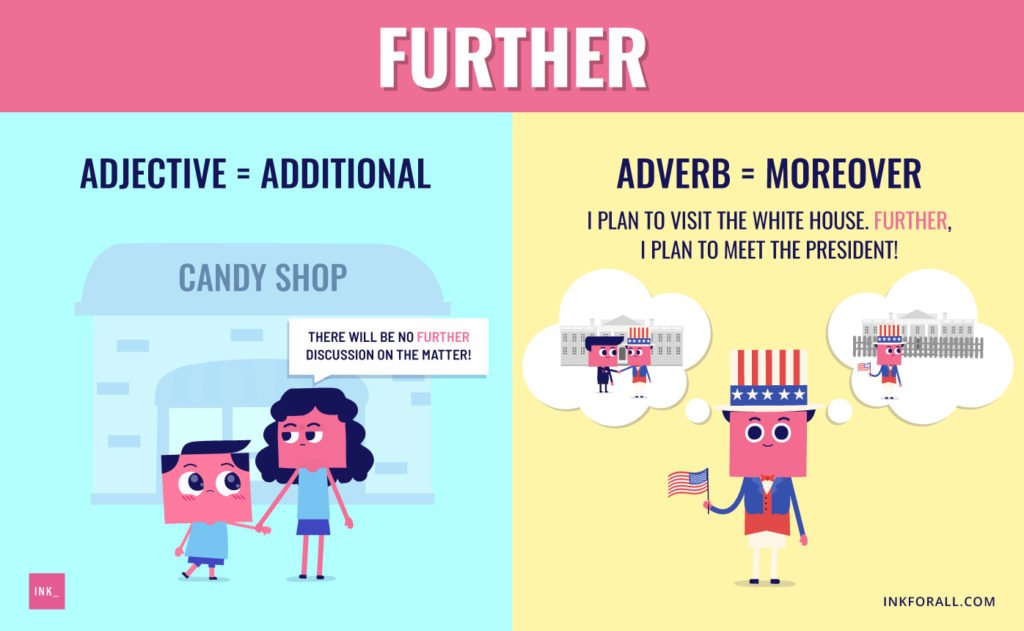

Which is Correct, Farther or Further?
It depends on what you’re trying to say. If you’re referring to a figurative or undefined distance, the correct option is “further.” However, it’s best to use “farther” when referring to a defined, physical or measurable distance.
Here are some “farther” examples to help you see the difference:
These examples suggest the measurement of a distance from a point that’s common to both objects. As such, the acceptable word is “farther.”
In the first example, “farther” serves as an adjective to describe the distance between objects. Meanwhile, the adverb “farther” in the second example describes an action that results in a greater distance.
Consider the “further” examples below:
In these three examples, we do not know the actual physical or time difference. As such, the acceptable word is “further.”
Further functions as an adverb in the first example and as an adjective in the second. In both cases, the word expresses something additional or to a greater degree.
Meanwhile, further functions as a verb in the third example to express an action of helping something move forward.
How do you Pronounce Farther and Further?
👄 Pronounce “farther” as FAR-thur:
- The emphasis goes on the first syllable, which should be pronounced the way you would pronounce the word “farm.”
- Then, say the second syllable “thur” like you would start to say “Thursday.”
👄 Say “further” as FUR-thur:
- Place the emphasis on the first syllable and pronounce it the same way you would in the phrase “animal fur” or “fern tree.”
- Next, the second syllable “thur” should sound like the beginning of “Thursday“.
How do you use Farther and Further in a Sentence?
You can use farther and further in sentences that describe distance or a relationship between something. Both words are appropriate when describing distance, but there’s a catch. Farther describes a defined distance, while further covers an undefined distance.
You can also use further when describing a relationship between a place or time. When this happens, further functions as an adverb. Conversely, as an adjective, further references something additional or greater than expected.
Here are examples of how to use farther and further in a sentence:
Is it Further or Farther From the Truth?
The correct phrase is “Nothing could be further from the truth” (with a “u“). This is because you can’t physically define the distance between a lie and the truth, making this distance a figurative one. Since we typically use further to describe figurative distances, further is the correct word to use here.
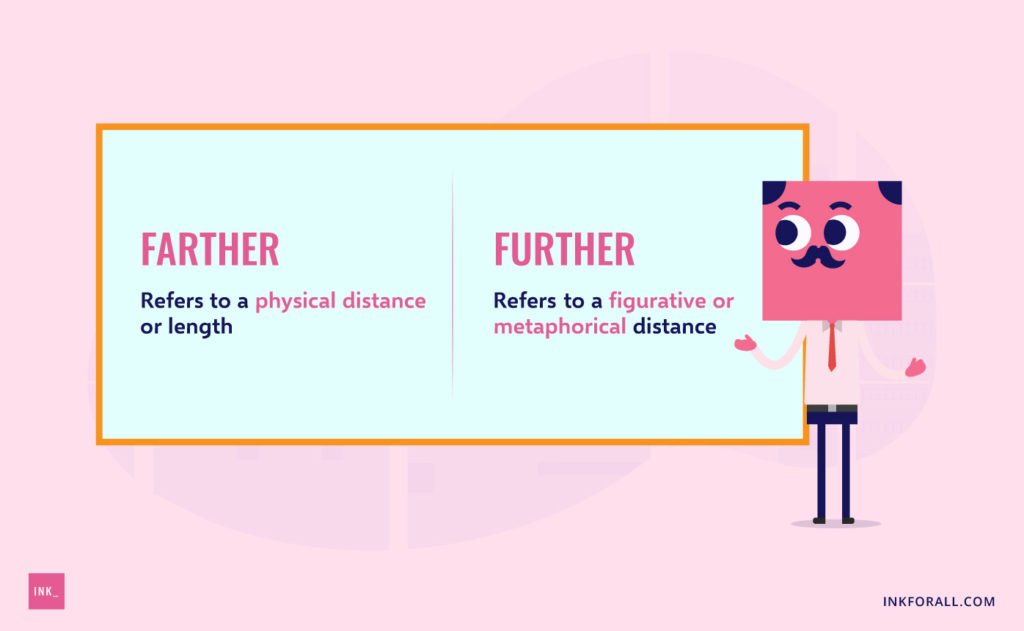

Is it Further Down the Road or Farther Down the Road?
Depending on what you are trying to communicate, both further and farther down the road can be correct. For instance, farther usually describes a specific distance, while further typically references an undefined one. If you want to describe a defined distance between two physical objects, use farther (Stan is farther down the road than Kenny). On the contrary, use further if you want to describe an undefined distance or abstract journey (Cartman is further down the road to a healthier lifestyle than before).
How do you use Further?
Use further when you describe an undefined distance or something greater than expected. You can also use further to reference a relationship between something. Further can function as an adverb or adjective depending on your sentence.
What Does Further Along Mean?
The phrase “further along” means that one thing has made more progress than another thing. In this way, further creates a comparison between one element’s figurative progress towards a goal versus another element’s progress. For example, Julie is three months pregnant but Claire is seven months pregnant. You could say that Claire is further along than Julie in her pregnancy.
What is Another Word for Further?
Another word for further is more, but this depends on the context. For example, the word further can be an adverb, adjective, or verb. As an adverb, further synonyms include distance or transition words like additionally, moreover, what’s more, also, and furthermore (Further, the mayor added that we will begin the new program on Tuesday). As an adjective, other words for further are supplemental, supplementary, additional, and more (The teacher assigned further reading). Finally, as a verb, words like promote and advance are synonyms.
Synonyms for Further
When Further is an adverb:
- beyond
- farther
- yon
- yonder
When further is an adjective:
- added
- additionally
- another
- else
- farther
- fresh
- more
- other
When further is a verb:
- advance
- cultivate
- encourage
- forward
- foster
- incubate
- nourish
- nurse
- nurture
- promote
What is the Opposite of Further?
In general, the opposite of further is closer or near. However, specific meanings of further change slightly depending on the part of speech the word represents. For instance, as an adverb, an antonym is closer. On the other hand, near and nearer as well as less and fewer may be better adjectives. Finally, impede and hinder are opposites of further as a verb.
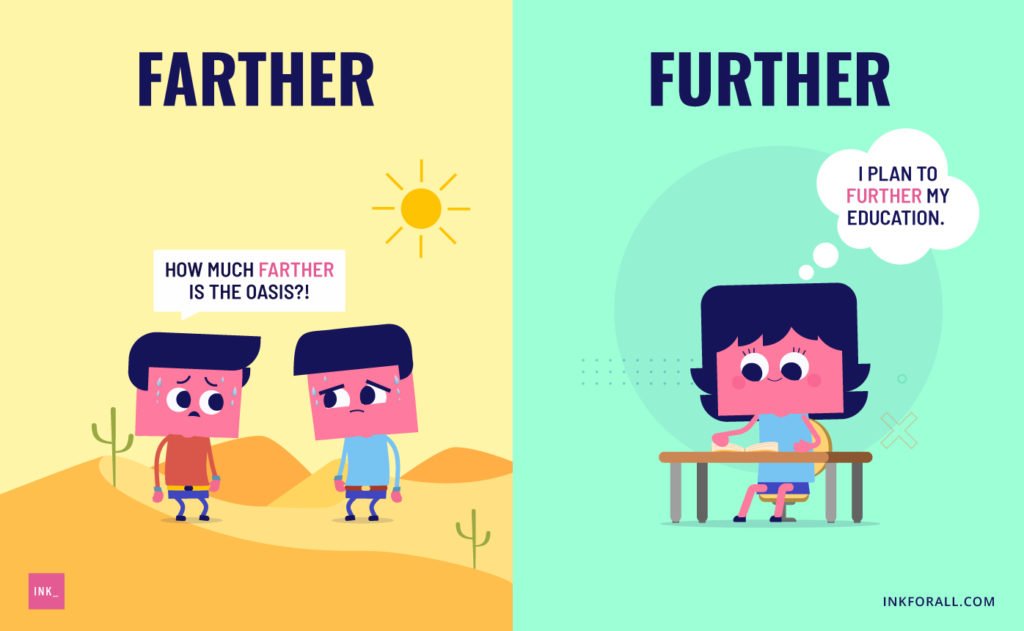

How do you use Farther?
Use farther to describe a defined distance from point A to point B. If you’re being vague about distance or are unsure exactly where something is located, choose further.
Is Farther a Word in English?
Farther is a word in English that can be an adverb, adjective, or verb. It is the comparative form of the word far that means a great distance away (He ran far/He ran farther than the others). When an adverb, synonyms include more distant. Often, people confuse farther withfurther because of their similar spellings and relationships to distance. For example, farther (with an “a“) usually refers to defined physical distances between two objects while further (with a “u“) refers to undefined figurative distances.
Is Farthest a Word?
Farthest is a word that means the most far. Actually, because it ends in -est, you know farthest is the superlative adjective form of the word far. First, far indicates a fixed point (She is far away). Second, farther describes a comparison between two defined points (She is farther away than her sister). Finally, farthest refers to the most distant of two defined points (She is the farthest away from her family). Some confuse farthest with furthest, but farthest refers to defined distances while furthest refers to undefined distances.
What is the Opposite of Farther?
The opposite of farther is closer. Another antonym for farther is nearer.
Further or Farther: Which will you Choose?
Further and farther aren’t interchangeable, so use them carefully. Grammar checkers don’t always pick up on subtle errors like a further/farther swap, so be sure you’ve mastered the very tricky difference between these two words.
As always, go ahead and leave a comment below if you have any further questions. 😜
Take our Quick Further vs Farther Quiz Below!
Further vs Farther Question #1
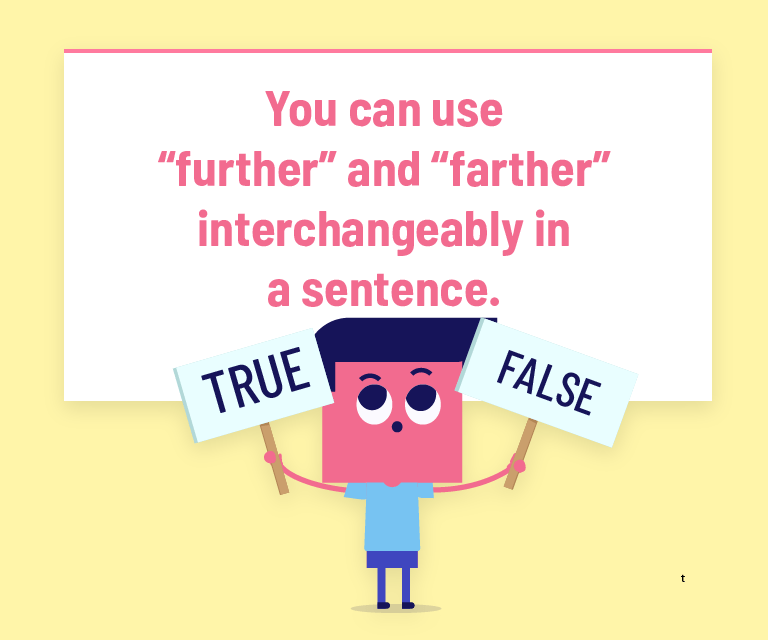

The answer is FALSE. “Farther” references a physical distance while “further” references a figurative distance.
Farther vs Further Question #2
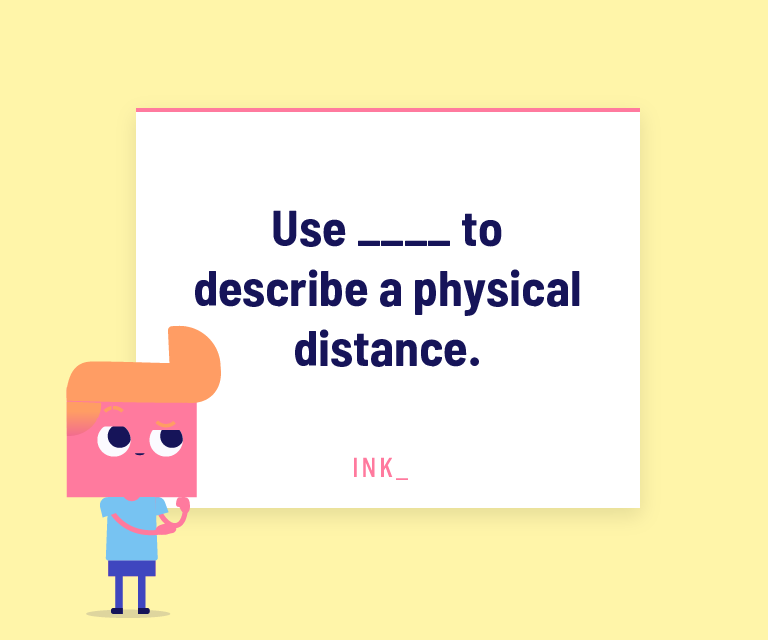

The answer is FARTHER. “Farther” references a defined distance.
Farther or Further Question #3
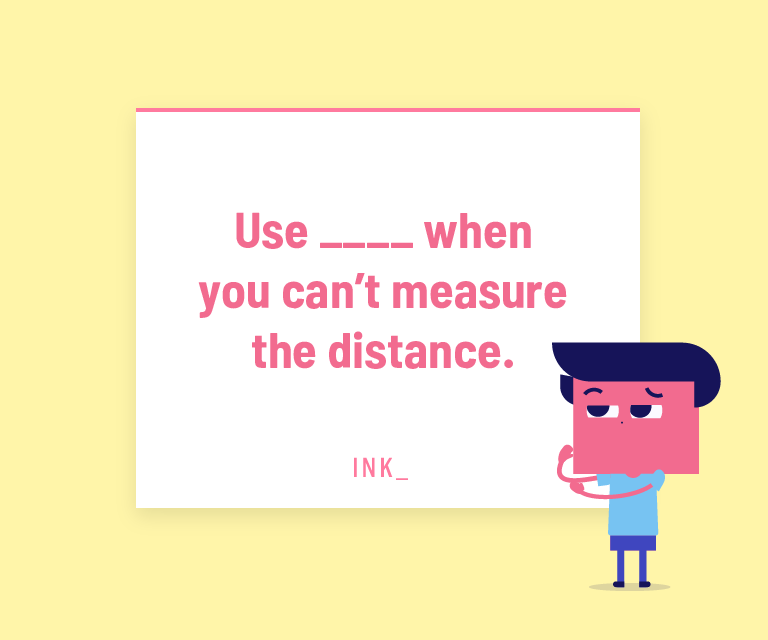

The answer is FURTHER. ”Further” references an undefined distance.
Further or Farther Question #4
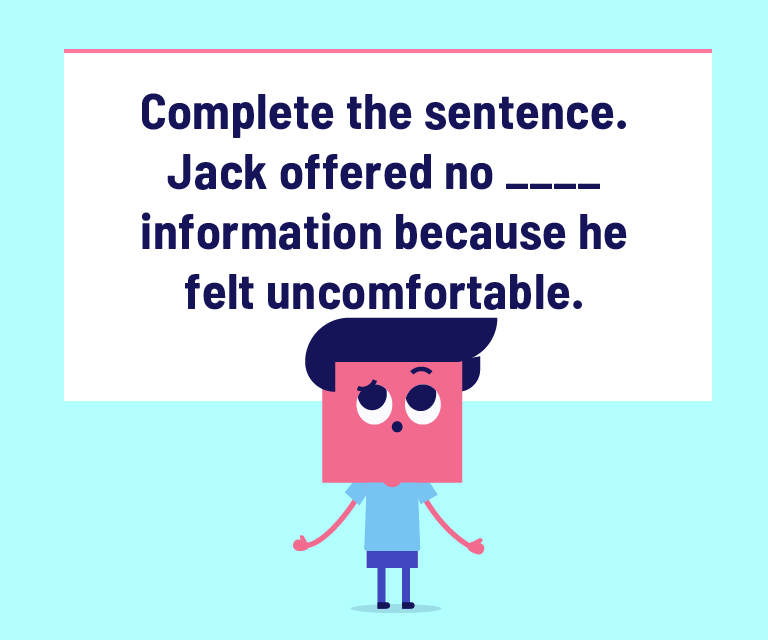

The answer is FURTHER. You can also use “further” to reference a relationship between something.
Further vs Farther Question #5
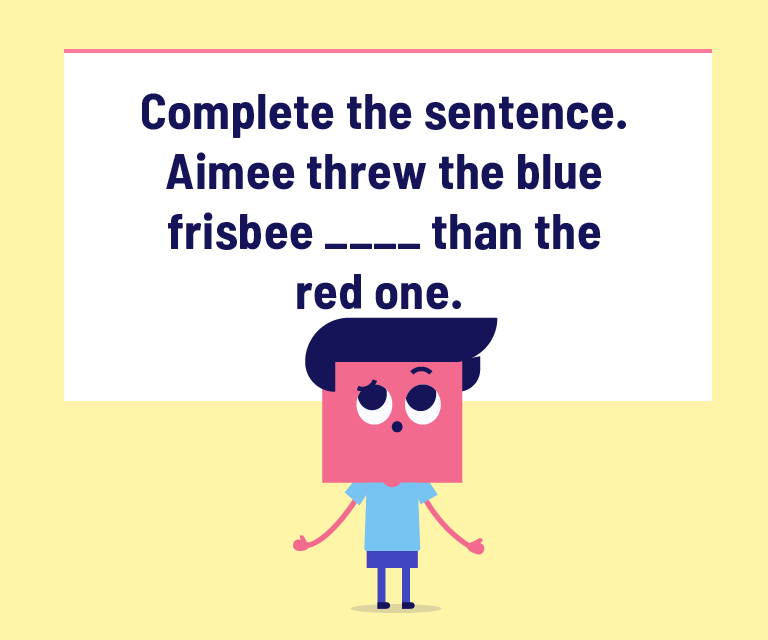

The answer is FARTHER. “Farther” describes a defined distance from point A to point B.
Farther vs Further Question #6
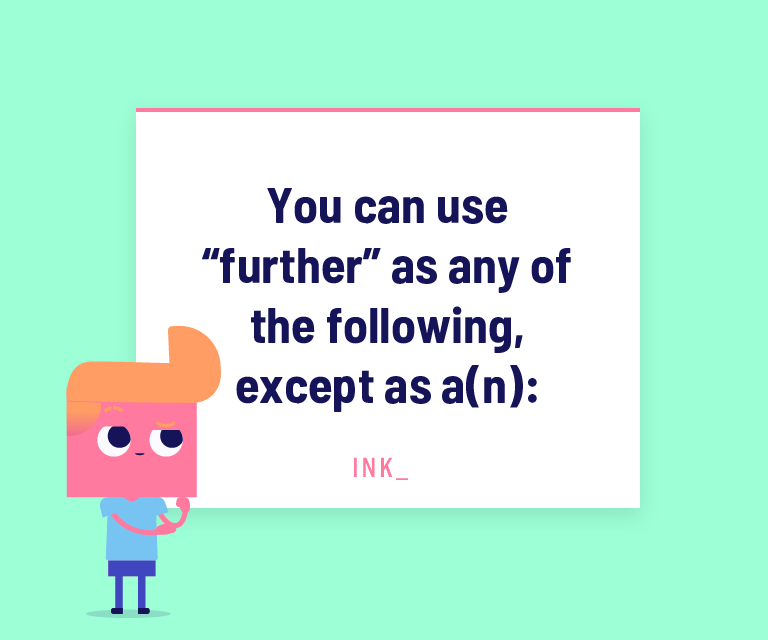

The answer is C. The word “further” can be an adverb, adjective, or verb.


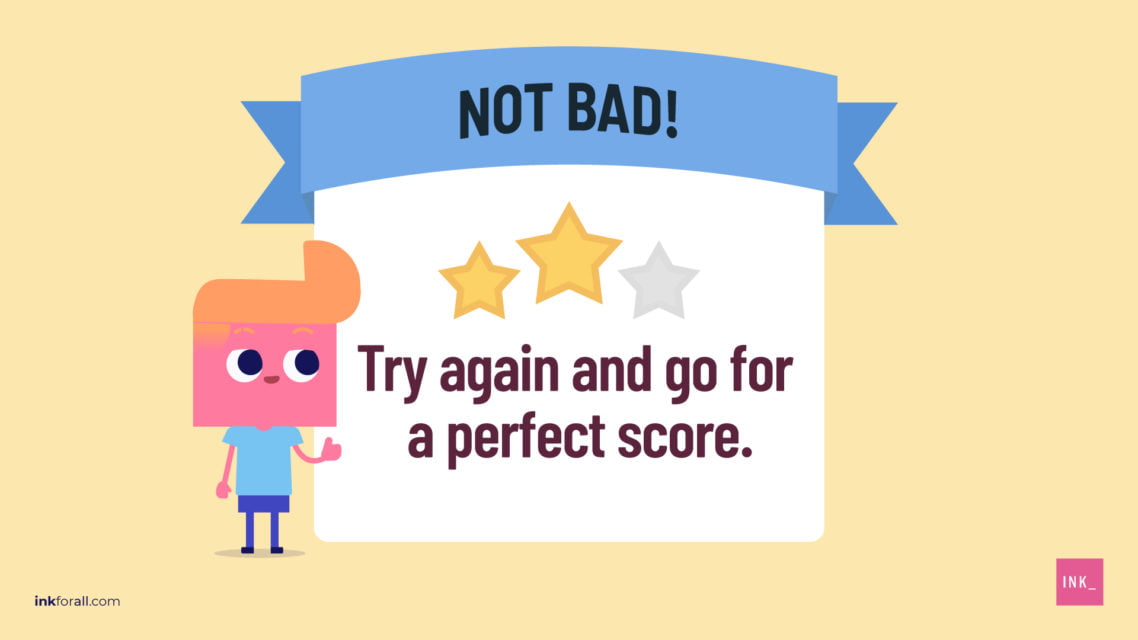

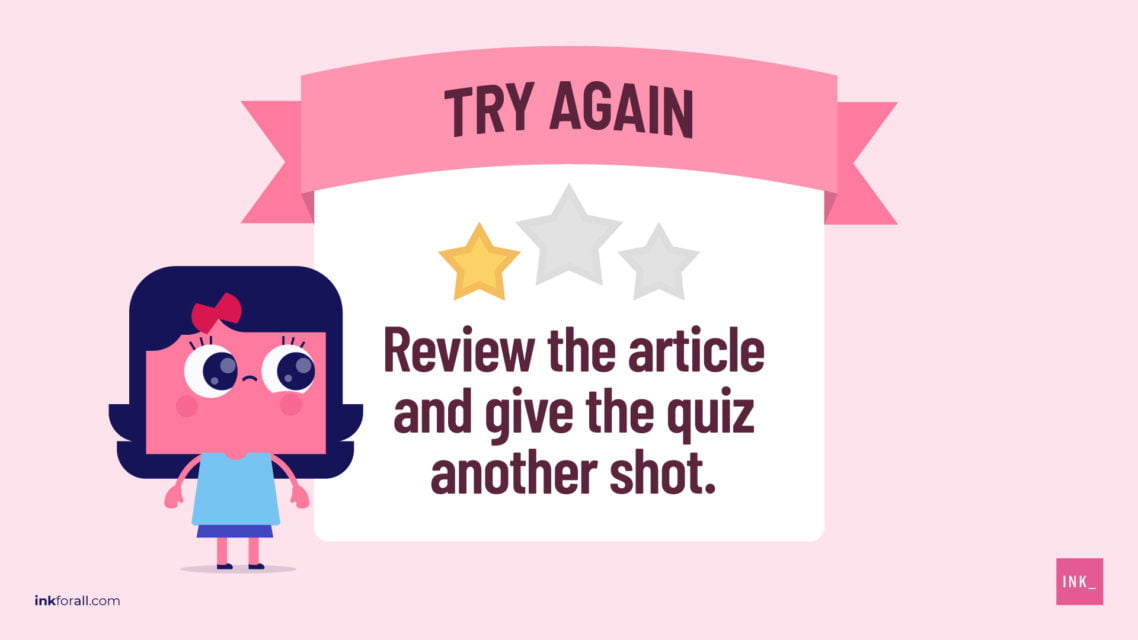


I found this helpful. (:
Hi Kinsley,
We’re glad that you found our article helpful. We have other grammar articles that might interest you. Feel free to browse and also don’t forget to try the quizzes. Let us know which one’s your favorite. 🙂
Rechelle